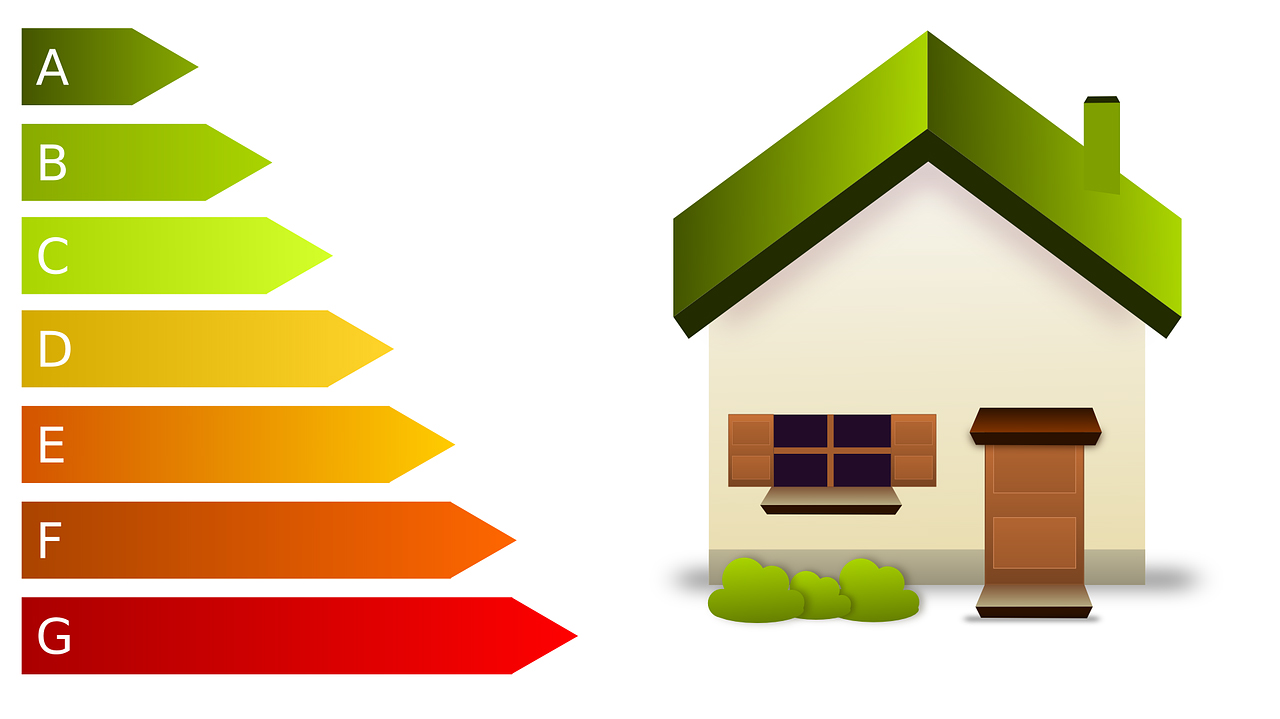As we head into the latter part of the year, it’s crucial to ensure your home is ready to weather the elements of a typically British winter. With plummeting temperatures, rain, gales, sleet and possibly even snow on the horizon, it’s time to make your home as energy efficient as possible and hang onto that costly heat.
Keep that precious heat in
Whether your home and hot water are heated with a conventional electric or gas heating system, or a renewable energy heating system, it will perform better and use less energy if your home is well insulated. In fact, winter-proofing your home is essential to ensure your costly heating isn’t escaping through the windows, walls and roof of your property.
Cheap solutions include draught proofing your doors, letterbox, windows and even the cat flap. More expensive options range from replacing single glazed windows with double glazing to loft, roof, cavity, solid and external wall insulation.
Gov.uk recommends that ‘your loft has at least 10–11 inches (270mm) of insulation. Any home with 4 inches (100mm) or less should have it topped up.’ Also, if your loft insulation is several years old it’s also a good idea to replace it to ensure it’s as energy efficient as possible.
Get to grips with your heating
If your home is well insulated and retains the heat, your boiler will have to work less to heat your home if it is programmed to come on at set times. However, if your home loses heat, it will have to work harder to heat your house.
This is also true if you leave your heating on constantly, as the boiler will not have to work as hard to keep the temperature at a set level, compared to turning it on and off where it will have to work harder to heat your home (to the desired temperature) from cold. However, if you are out at work all day you may prefer to set it to come on in the morning and again later for your return home.
Embrace renewable energy heating
Don’t dismiss the benefits of renewable energy technology, such as solar panels and heat pumps, just because we’re heading into winter.
Even when temperatures are as low as -20, air source heat pumps still absorb heat from the outside air and can heat your home as well as your hot water supply.
You may think solar panels are just for summer, but they’re not. Solar panels are still really effective even in the winter months, despite the lack of hot sunny days, because they utilise light and not heat to produce energy.
Unsure of how energy efficient your home is? Then why not let us carry out an Energy Report to identify solutions that will increase its efficiency before the winter well and truly sets in?
Get in touch to find out how we can help you winter-proof your home.
